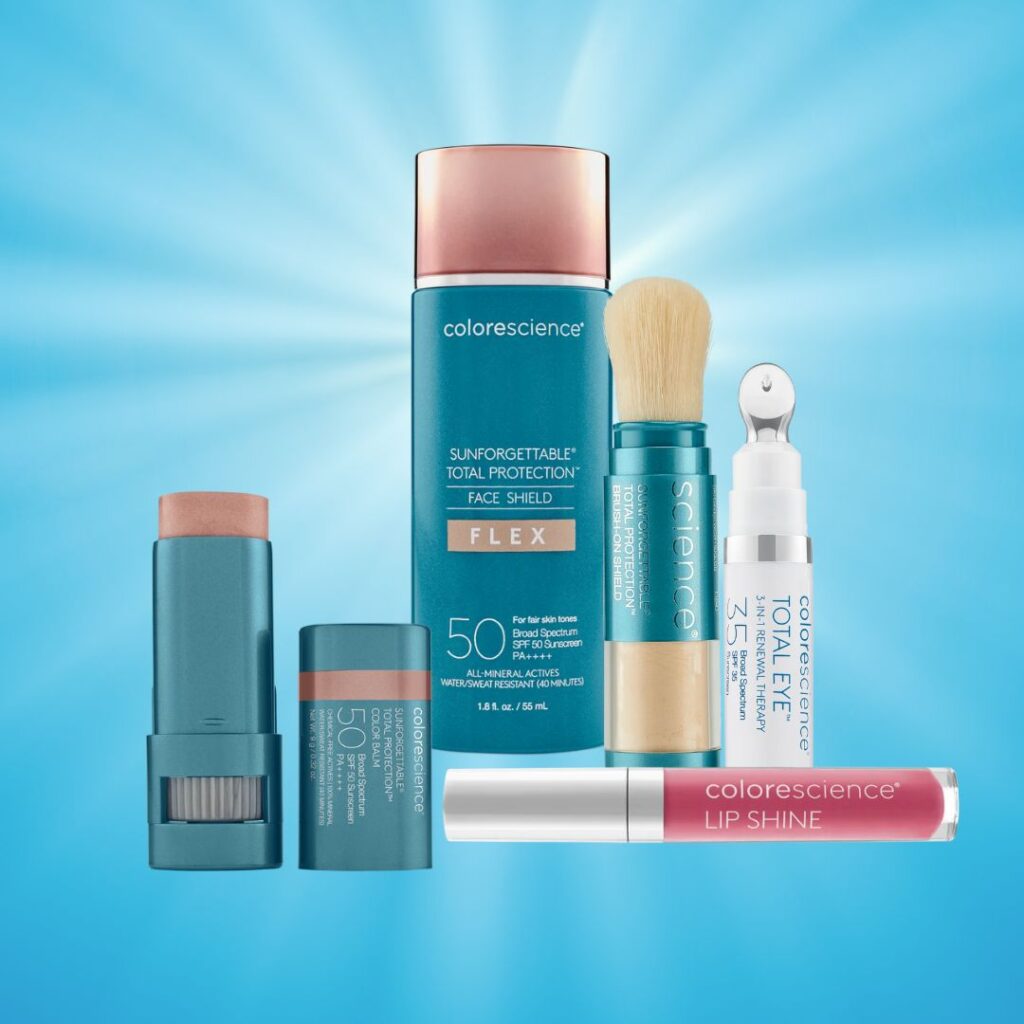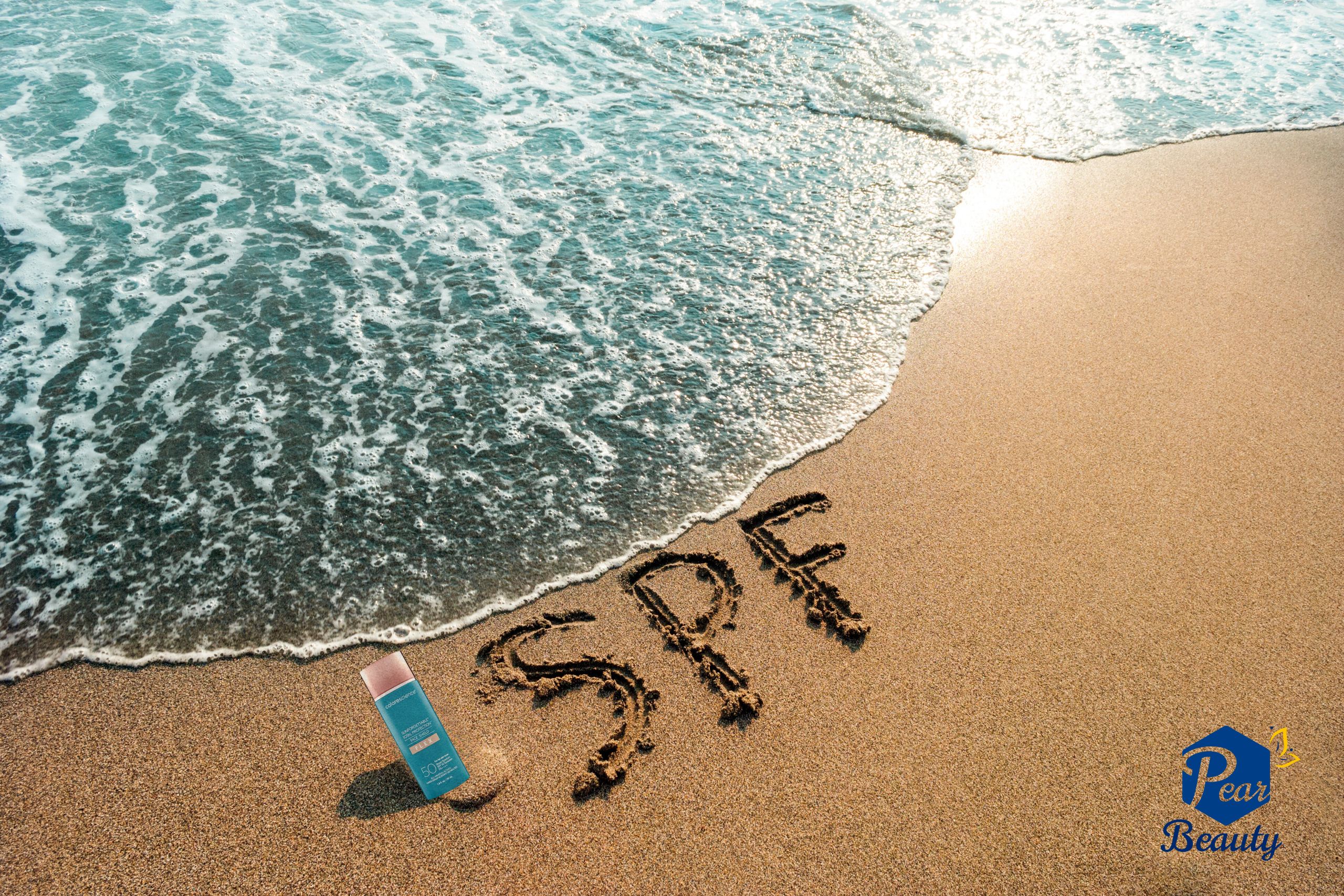Understanding SPF Factor
Whether you’re soaking up the summer sun or enjoying a brisk winter day, understanding SPF and how to protect your skin from harmful UV rays is crucial. Let’s talk about what SPF factor is, what the numbers mean, and other vital details about sun protection.
What is SPF Factor?
SPF, or Sun Protection Factor, is a measure of how well a sunscreen will protect your skin from UVB rays, the kind of radiation that causes sunburn and contributes to skin cancer. In simple terms, SPF indicates how long you can stay in the sun without getting burned. For example, if your skin normally begins to burn after 10 minutes in the sun, an SPF 30 sunscreen would theoretically allow you to stay in the sun for 300 minutes without burning.
What Do the Numbers Mean?
The numbers on SPF labels can be confusing, but they are quite straightforward once you understand them. Here’s a breakdown:
- SPF 15: Provides 93% protection against UVB rays.
- SPF 30: Offers 97% protection against UVB rays.
- SPF 50: Delivers 98% protection against UVB rays.
- SPF 100: Approximately 99% protection against UVB rays.
Higher SPF numbers do offer slightly more protection, but no sunscreen can block 100% of UVB rays. It’s also important to remember that higher SPF numbers do not mean you can stay out in the sun indefinitely.
Key Things to Know About SPF and Sun Protection
- Broad Spectrum Protection: Look for sunscreens labeled “broad spectrum,” as these products protect against both UVA and UVB rays. UVA rays penetrate the skin more deeply and are responsible for premature aging and wrinkles, while UVB rays cause sunburn.
- Reapplication is Crucial: No matter the SPF, reapplication is essential. Sunscreen should be reapplied every two hours, and more often if you are swimming or sweating.
- Amount Matters: Most people do not apply enough sunscreen. Adults need about one ounce (a shot glass full) to cover the entire body. Apply generously to all exposed skin, and don’t forget areas like the ears, neck, and tops of feet.
- Daily Use: Sunscreen isn’t just for beach days. Incorporate it into your daily skincare routine, even on cloudy days and during winter months. UV rays can penetrate clouds and reflect off snow, increasing exposure.
- Expiration Dates: Sunscreen loses its effectiveness over time. Check the expiration date on your sunscreen bottle and replace it as needed. An expired product may not provide the protection you need.
- Additional Sun Protection: Sunscreen is just one part of a comprehensive sun protection strategy. Wear protective clothing, wide-brimmed hats, and sunglasses. Seek shade during peak sun hours, typically between 10 a.m. and 4 p.m.
Our Sun Protection Recommendations
At Pear Beauty Spa, we emphasize the importance of sun protection as part of our holistic approach to skincare. We recommend choosing sunscreens with an SPF of at least 30. For those with sensitive skin, we suggest mineral-based sunscreens containing zinc oxide or titanium dioxide, which are less likely to cause irritation. We are loving our new line of tinted sun protection Colorescience, which offers a wide range of broad-spectrum protection products. Check out the full line and shop here!

Invest in your skin’s health and beauty by making SPF a daily habit. We are here to guide you in selecting the best products for your skin type and lifestyle. Book a FREE skin care consultation today to explore our range of premium skin car products and other sun protection products.
Remember, beautiful skin starts with smart sun care.
For more expert tips and skincare advice, follow our blog and connect with us on social media – Facebook & Instagram.

May 27, 2024
Be the first to comment